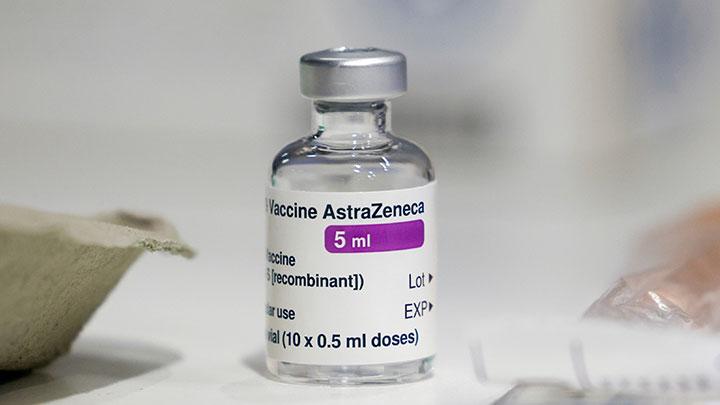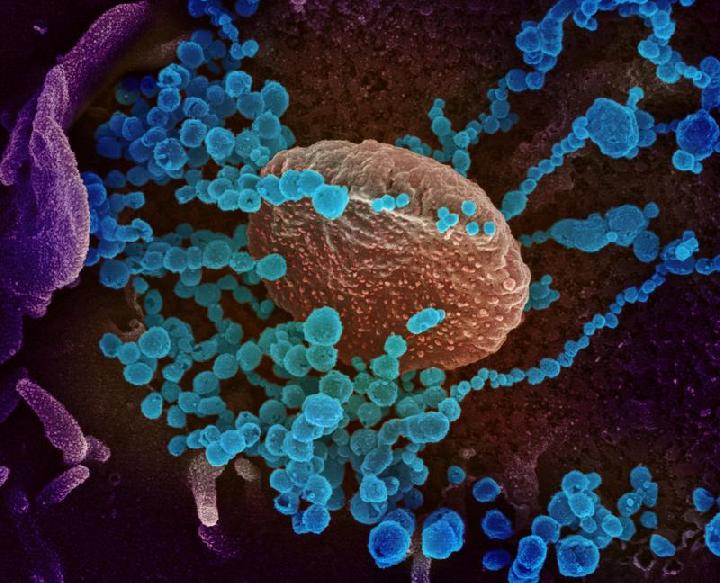Stricter Social Distancing Measures Crucial to Control COVID-19: UI
Translator
Antara
Editor
Petir Garda Bhwana
Rabu, 30 September 2020 05:32 WIB

TEMPO.CO, Jakarta - Based on data compiled as of September 24, 2020, the COVID-19 pandemic in Indonesia has not shown any signs of abating and the country is still in the first wave of infections, an academician has said.
The most appropriate way to control the current situation is by implementing stricter large-scale social distancing (PSBB) measures, according to Dr. Iwan Ariawan, MSPH, a lecturer at the Department of Biostatistics and Population, Faculty of Public Health (FKM), University of Indonesia (UI).
Strict PSBB would help reduce the risk of COVID-19 transmission by up to 50 percent, he said in a statement here on Tuesday.
When Jakarta was in a transitional PSBB period, COVID-19 cases were again on the rise, he noted.
"This is due to differences in population activities carried out during strict PSBB and transitional PSBB. Strict PSBB can certainly control COVID-19 cases in Jakarta, although it is still seeing fresh cases every day," Dr. Iwan explained.
Besides, PSBB could have an impact and prove beneficial if the 3Ms (washing hands with soap, wearing masks, and maintaining distancing), and TLI (Testing, Tracing, and Isolation) are carried out properly, he averred.
"Based on research, the 3Ms of behavior have been proven to be able to prevent and reduce (COVID-19) risk by more than 50 percent, provided they are carried out with the provisions and by following the right guidelines," he said.
In addition, TLI can be useful if carried out not only by conducting a large number of tests, but by paying attention to the correct and targeted way, he noted.
Meanwhile, dean of the Department of Administration and Health Policy, FKM, UI, Prof. Dr. Ascobat Gani, MPH, Dr. PH, said the COVID-19 pandemic in Indonesia is still not under control.
However, he said, another strategic approach that should not be abandoned is prevention, which involves the implementation of Clean and Healthy Behavior (PHBS), Germas (Healthy Public Movement), physical distancing, and implementing quarantines.
Data from testing shows Indonesia's COVID-19 rate is at 14.3 percent, which means that for about every 100 people, there are around 15 who can transmit the virus, Prof. Ascobat pointed out.
"However, the implementation of daily testing or surveillance as a detection process in Indonesia is still posing problems,” he noted.
Testing in Indonesia has reached approximately 21 thousand people per day or 165 thousand people per week, whereas the WHO recommendation is 267 thousand people per week, he said.
Prof. Ascobat also reiterated that the people and the government have their own rights and obligations in the current pandemic situation.
"The people have the right to get health services with the obligation to maintain (their own) health and environmental health," he said.
On the other hand, the government has the right to make and enforce relevant regulations, while monitoring public health and working to control the outbreak as well as providing social assistance to those impacted by the pandemic by applying necessary policies to stop the spread of COVID-19.
"In dealing with the current epidemic situation, Indonesia can refer to the IHR (International Health Regulation, WHO) 8 Core Capacities, with financial support from the State Budget (APBN) and Regional Budget (APBD) funding, strengthening the local Health Offices, and strengthening the implementation of primary and referral services, both emergency and intensive, in preparing health capacity," Gani explained.
IHR 8 Core Capacities include points of legislation and policies, coordination, surveillance, response, preparedness, risk communication, human resources for health workers, and laboratory availability.
Efforts to boost the health system capacity must be carried out using a cross-sectoral approach by emphasizing the public health sector, emergency management, and controls of border areas, ports, airports, and immigration, as well as the transportation sector, he advised.
Read also: Task Force: Don't Rely on Covid-19 Vaccine; Health Protocol Is Key
ANTARA




















